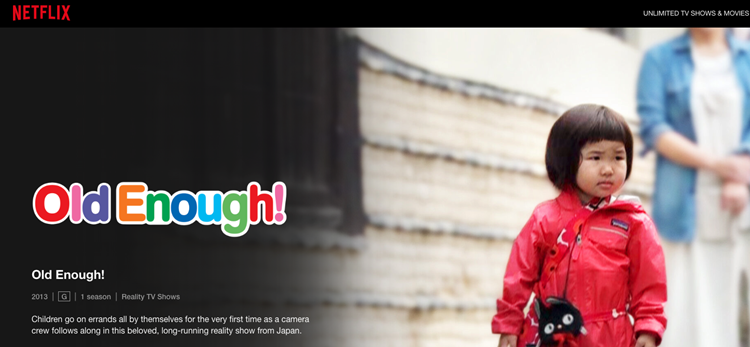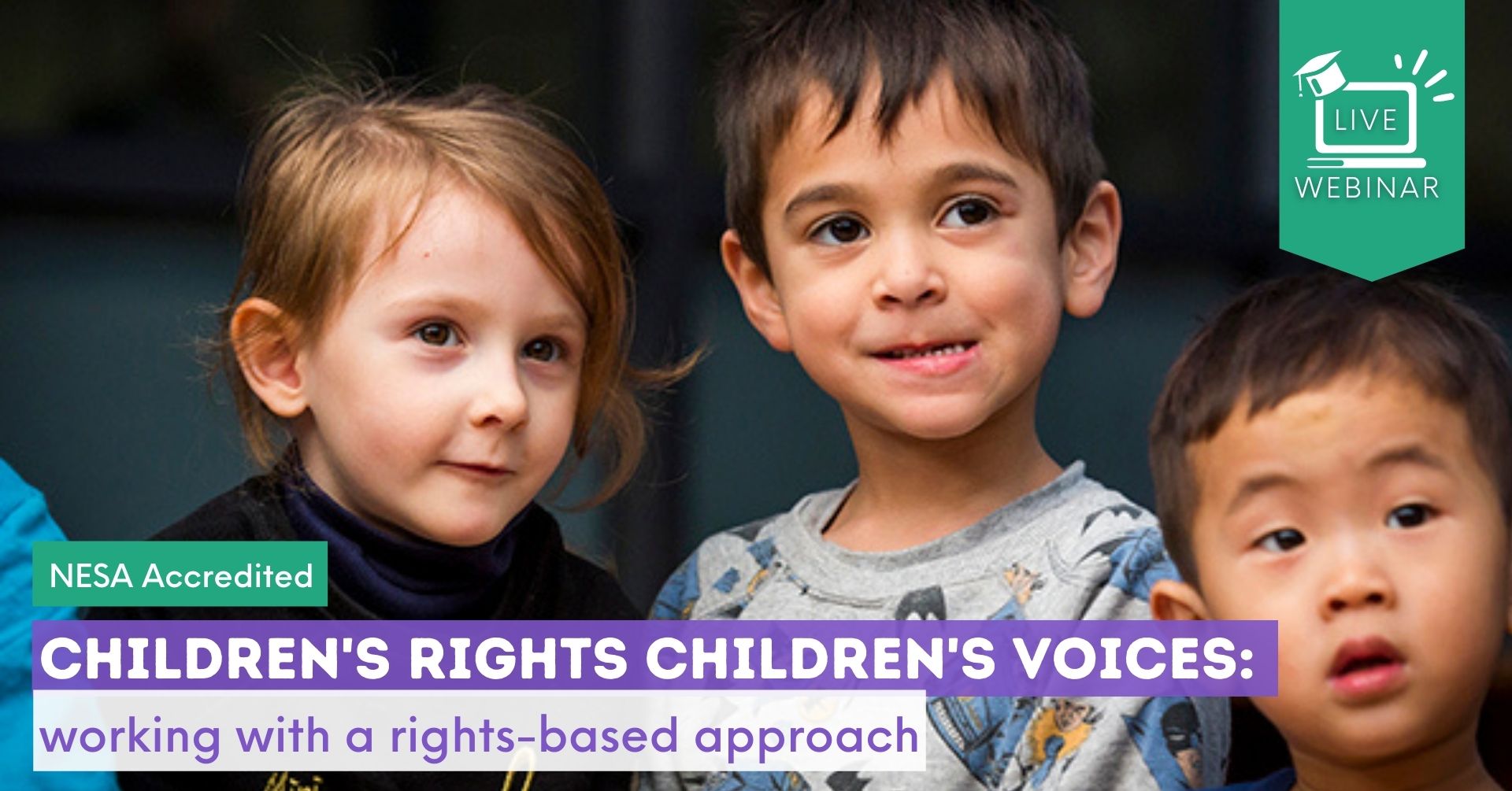Picture a 33-month-old boy walking along a major road, with cars, trucks and buses whizzing past. How do you feel about this small boy walking alone, near busy traffic?
This scene is featured in one episode of Netflix’s Old Enough!, a Japanese reality TV show. Executive Director Junji Ouchi told Netflix the idea for the show, which debuted in 1991, was to document the widely accepted practice of sending a child on their first errand. “For the first time ever, a child who has had everything done for them until now gets to experience the joy of doing something for someone.” 
An opportunity to support children to become their best selves
Dr Ruth Surman, a developmental and behavioural paediatrics specialist at the Child Development Network in Brisbane, says shows like Old Enough! “create the opportunity for respectful reflection on how we can support our children to become their best selves”.
Practices such as child-led play and encouraging children to engage in tasks that they have never done before are part of this phase. “Toddlers, in particular, are very keen to help," says Dr Surman. "If children are encouraged to join in with tasks, their skills will grow, and they will develop a greater sense of self-confidence and self-competence. It is important to take a step back and allow our children the opportunity to build their skills, even if it takes longer, has an element of risk or is messier.”
Opportunities will vary depending on social context
In Austraila, the risk factor has sparked many discussions around the show, with parents and educators debating everything from road safety to stranger danger. Transport for NSW, for example, recommends parents always hold the hand of children under eight years of age and actively supervise children between 8-10 years of age when in the traffic environment1.
For Yuko Fujita, who grew up in Japan and has raised two daughters, one in Singapore and one in Australia, it’s all about the context of the community. “It might’ve worked in Singapore, if we had lived in one of those communities where all the neighbours know each other and there are ‘aunties’ everywhere, but we didn’t. Here in Sydney? No. It’s too big,” she says.
Her eldest daughter, now 13, has only been allowed to go to the shops by herself in the past year, though that’s partly due to the fact she didn’t grow up in Sydney. Her youngest, a kindergartener, could be ready within the next year or two. “She’s the second one, so we’re more relaxed, and also because she grew up here, she’s more familiar with the area,” says Yuko.
Another factor she notes is that the TV show is heart-warming entertainment but not exactly realistic. “I don't want the world to think it's common to send little kids to the shop in Japan. The show is carefully shot, and you can see co-operation from neighbours and shops and even some traffic control for the safety of the children. [After airing in Japan] there was news about senseless parents trying to copy the show in real life by sending their little child off by themselves and the police got involved.”
However, there is an element of truth that Japanese society supports independence in children much younger than in many other countries, including Australia. From Year 1, Japanese children go to and from school without parental supervision, usually joining a group of their peers on foot or public transport2.
Many of them, particularly those with working parents, also come home to an unsupervised household. The word for this is kagikko, meaning key child — not far from the English term latchkey kid. But Japanese students would commonly leave again, either to after-school care or elsewhere in the neighbourhood. “I remember in Year 5 or 6, we’d go around the catchment, about a two-kilometre radius, and I wouldn’t come home until it’s very dark,” recalls Yuko, who grew up in the Kobe countryside. “When I was in high school, I could go to the city by train and hang out with friends at a cafe or wherever.”
Accomplishment and capabilities from "just right challenges"
While Old Enough! does inspire admiration for the child’s independence, Executive Director Junji Ouchi says the show is as much about their accomplishment. “A child’s strength comes from their desire to do something for others and their self-esteem. We try to make sure they don’t feel as if they’re being treated like a baby again.”
According to Belonging, Being and Becoming, the Early Years Learning Framework, children who are strong in their social and emotional wellbeing “assert their capabilities and independence while demonstrating increasing awareness of the needs and rights of others”, making accomplishment a key stage in child development.
Dr Surman recommends setting "just right challenges". “This refers to building skills which are just outside of a child’s established level of comfort. These challenges are likely to be achievable with a degree of effort, which leaves the child with a strong sense of accomplishment when the task has been completed successfully,” she says.
As for Hiroki, the 33-month-old boy crossing the road? You’ll never guess what happens next.
Old Enough! is streaming now on Netflix.
References
1. NSW Government. When can I let my child travel to and from school independently? Feb, 2022.
2. Selena Hoy. Why Japanese Kids Can Walk to School Alone. The Atlantic. 2015.
Further reading:
Bold. Your Toddler was born to help. March, 2022.
Transport for NSW. Centre for Road Safety — Children.
Family & Community Services, NSW Government. Leaving chidlren at home alone. Sep, 2019.
CELA training relating to this topic:
.jpg?width=750&height=392)
FIND OUT MORE